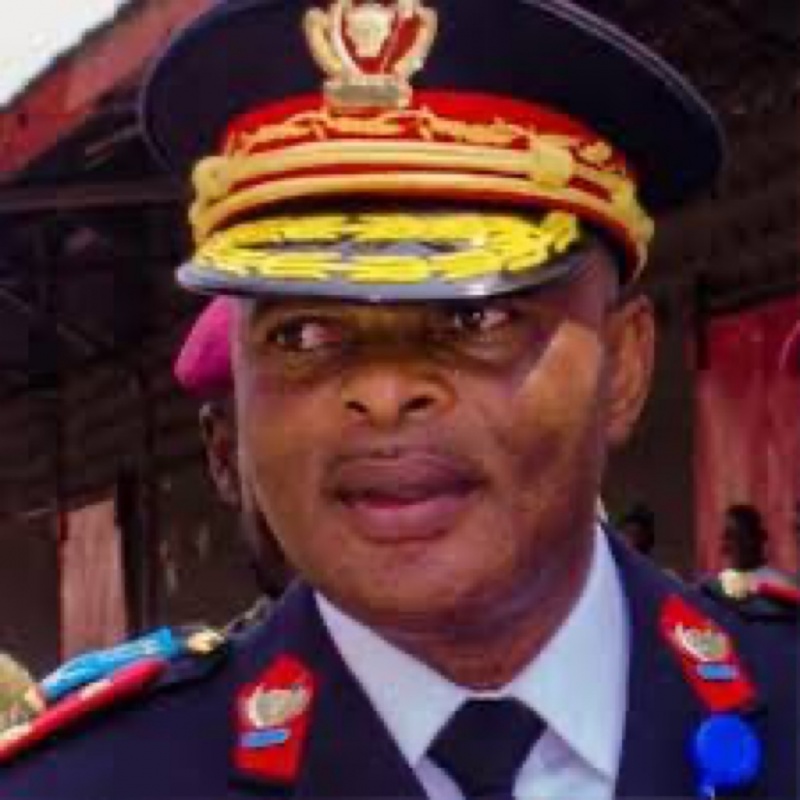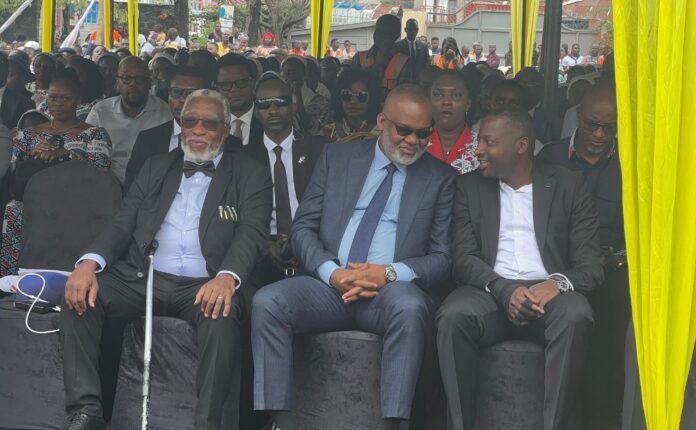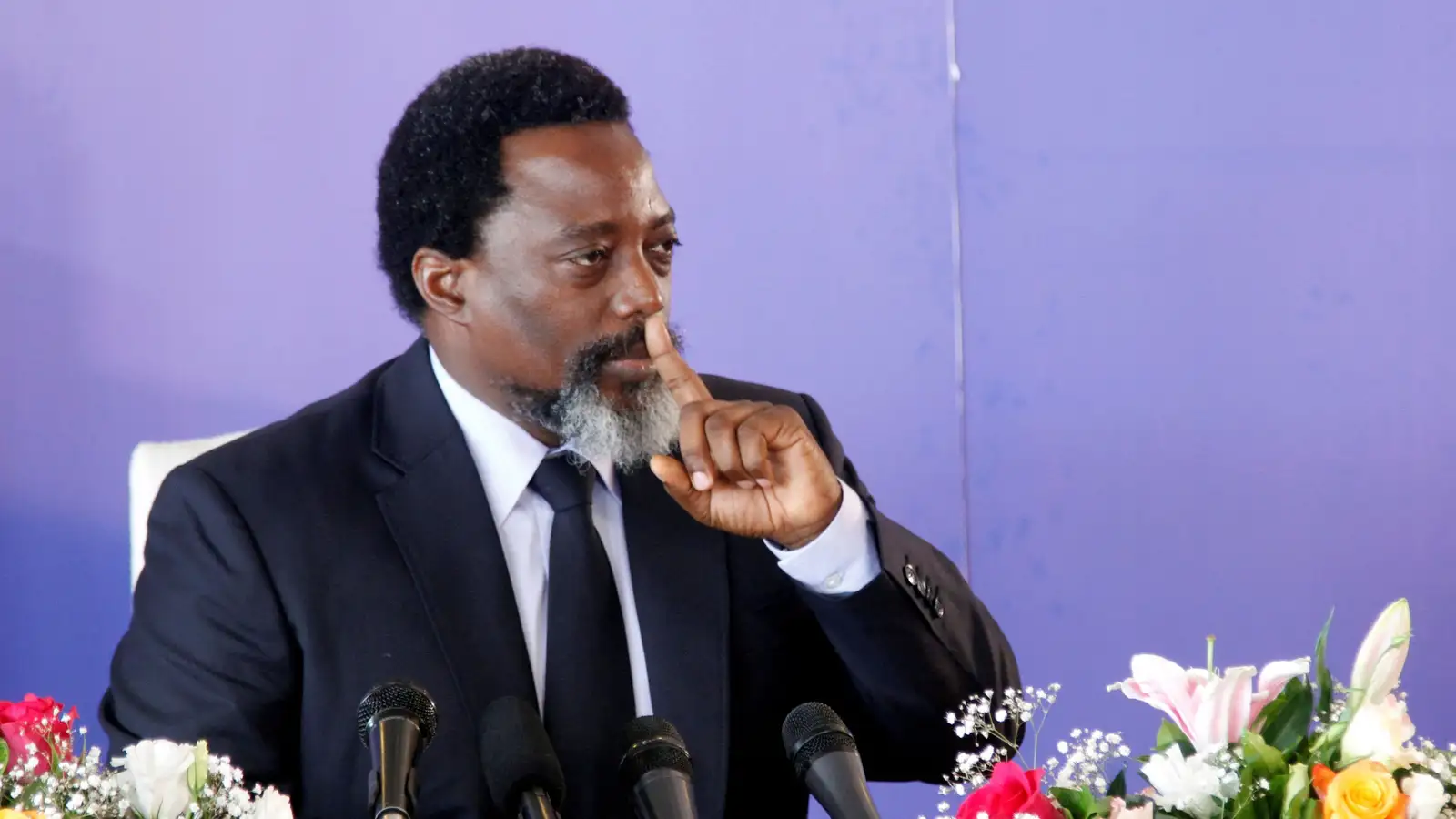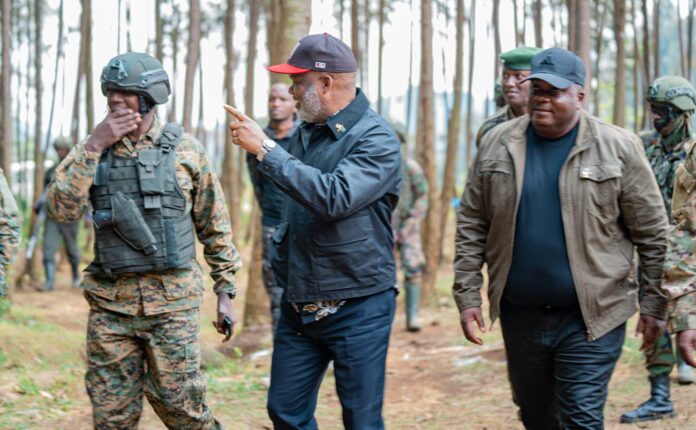In a dramatic turn of events, Franck Ntumba, the influential head of the Maison Militaire the private military office responsible for the management of presidential security and special operations has been arrested by theMilitary Intelligence Agency (Demiap). Known by his moniker “Ventre” due to his noticeable physique, Ntumba’s arrest has sparked widespread discussion about the state of military affairs and corruption in the Democratic Republic of Congo (DRC).
Note: Company, Blog, Church websites are free.
Ntumba is accused of orchestrating a 40% deduction at the source from the salaries of foreign mercenaries operating within the DRC. This deduction was allegedly executed without the consent of the mercenaries, raising serious ethical and legal questions. Sources suggest that this systematic skimming of wages left many of these foreign fighters demoralized and unwilling to engage in active combat.
The presence of foreign mercenaries, particularly those from European and other Western nations—often referred to colloquially as “white mercenaries” has been a contentious topic in Congo. Initially brought in to fortify national security and assist in conflict zones like Goma, these mercenaries have reportedly ended up as passive observers rather than active combatants.
Due to the financial misconduct and poor management of their resources, many of these soldiers seemingly refrained from engaging in military action, opting instead to integrate into the local community. Their time in Congo led to an unexpected social phenomenon numerous mixed-race children were born, leaving a lasting cultural imprint on the region.
The arrest of a high-ranking official like Ntumba raises critical concerns about the integrity of President Félix Tshisekedi’s administration. With security being a paramount issue in a nation plagued by armed conflict and political instability, this incident highlights the vulnerabilities within the military establishment.
Citizens are now questioning the leadership’s commitment to ethical governance and the protection of national interests. The situation has led to the rising sentiment of uncertainty, prompting many to wonder aloud,”Tshilombo, is everything okay?a colloquial reference to the President’s ability to manage the country’s affairs effectively.
Amid the tension and unfolding drama, the Congolese people continue to express themselves through art and culture. Recently, a particular dance has gone viral, symbolizing both resistance and resilience. This dance, shared widely on social media, serves as a subtle critique of the current political climate while providing a semblance of joy and normalcy to the populace.
In a nation where music and dance are powerful tools of communication, this viral dance stands as a metaphor for the Congolese spirit unbreakable even in the face of adversity and corruption.
As the investigation into Franck Ntumba’s activities continues, the government faces increasing pressure to demonstrate transparency and accountability. The repercussions of this scandal may well shape the future of foreign military involvement in the DRC and redefine the boundaries of governmental authority and military oversight.
The Democratic Republic of Congo remains at a crossroads, with its leadership under scrutiny and its citizens watching closely, hopeful for change yet cautious of the promises made by those in power.



